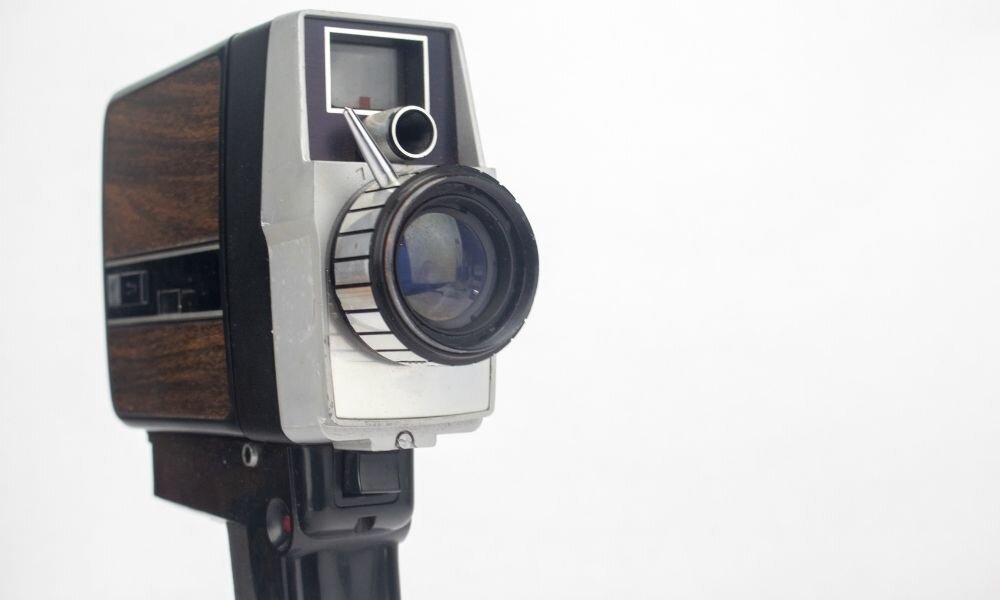The Difference Between Video and Film
As technology moves away from physical forms of media, such as photos and film reels, it’s easy to forget the differences between the labels and definitions of different media formats. However, as any devoted cinephile would inform you, the difference between video and film is substantial and important to learn for anyone interested in media formats and their history. The next time you sit down with a bowl of popcorn and your favorite movie, you’ll know whether what you’re watching is a film or not.
Film Is Physical
The easiest, most immediate way to tell if what you are watching is film or video is by considering the medium of the format itself. When watching a movie online or off a digital storage device, such as a Blu-Ray disc or DVD, there is no film involved in its playback process. Therefore, it is easy to determine that it is not film but video.
When film is converted to digital video files for safekeeping and easy access, that converted video would still not be considered film, despite its origin. The titles of film or video don’t refer to the origin of the media you’re watching, but rather what format you have in front of you.
Physical Video Formats
The line between video and film becomes a bit blurry with VCR cassettes. Though your videocassette has a type of “film” known as videotape within it, it is still considered a video format. If you were to pull out the videotape, you’d discover that there are no images on the tape, unlike what you’d see on film.
Videotape and VCR cassettes have the video printed as magnetically recorded electronic signals. Machines are the only ones who can read these signals, and they aren’t printed as images. Videotape also lacks the perforations required to run film through a projector.
Where To Find Video and Film
Because most movie makers and companies record their works digitally, film is hard to find. Many people believe that movies played back in a theater are film. However, by knowing the difference between video and film, you’ll realize that not even movie theaters utilize film projectors anymore, meaning many of the movies you watch in a cinema are video rather than film.
Film is almost exclusively used by independent filmmakers, artists, and archivists. Historians and film buffs that take the time to professionally convert film to video allow the media to reach more people and improves the movie’s accessibility.
Digital video playback has become the norm compared to film, VCR cassettes, and videotape. If you need to digitize videotapes or film to protect their contents from deterioration or to use them in a project, contact DiJiFi today for secure, high-quality conversion today.

